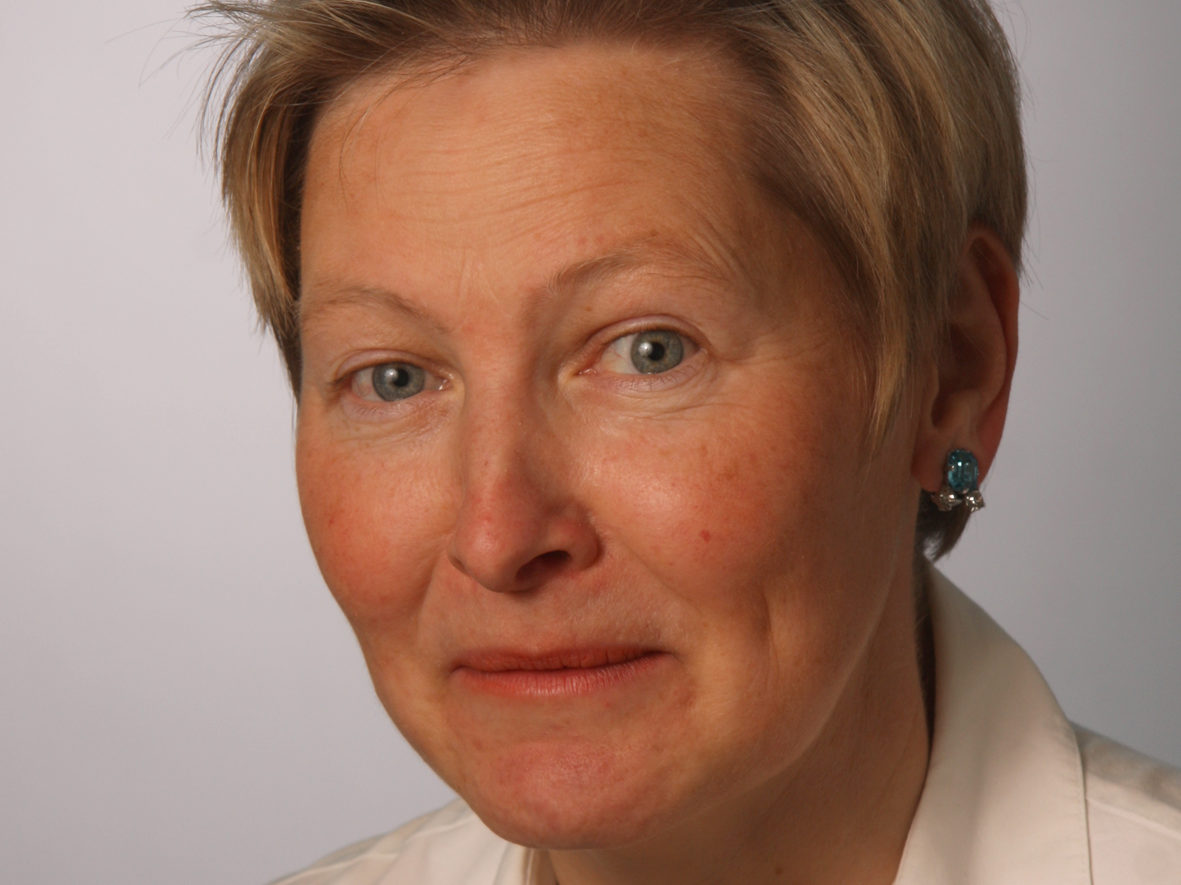Frauke Geyken
Let’s just ask the “witch” up there at the stake what’s worse, shall we? Burning in the Inquisition’s inferno, or having to wear a mask in the grocery store under “Merkel’s dictatorship”? What might our witch say to those who view her historical life and death as analogous to their own satiated existence in a functioning country that lives by the rule of law? She probably wouldn’t know what to say to this baseless comparison.
So what makes these “COVID deniers” so presumptuous? Is it ignorance, simple provocation, or the desire to be seen? History is not a costume case you can dig through for the perfect outfit to put on – in this case, for the role as victim. A look at the “distant mirror”1 of the past forces us to confront our own present. We are what we are because we have become that way, just as the society we live in has developed from its specific historical situation. “What is a man without his history?” philosopher Hannah Arendt asks. Her answer: “A product of nature, not personality. […] Whoever wants aid and protection from History, in which our insignificant birth is almost lost, must be able to know and understand it.”2
Perhaps one day, 2020, the year marked by the coronavirus, will seem to have been the turning point when change became possible. This unusual situation has thrown social issues into sharp relief. We need new ways of living to fight isolation and loneliness. That goes hand in hand with modern concepts for city centers now that e-commerce has fully caught on. Now, amid the digital revolution, we need new ideas for childcare centers, schools, education and training, universities, libraries, and museums. These challenges cannot be solved by simply going digital everywhere. New forms of communication could help us reach out to each other, transcending the silence that tends to isolate us in our own bubbles. And last but not least, we need new ways of thinking about traffic and transportation as part of a full-spectrum climate policy.
Change is necessary, but it takes an effort, and many of us don’t want to make the effort because they don’t want to leave their comfort zone, and others cannot make it because they see change as a threat. When you work with history, you realize that it is pure anarchy. All of us live, all of us have always lived, in a state of constant change. Should we teach change in the schools? Maybe good history education would be enough to pop our bubbles and get people to talk to each other again.
1 Tuchman, Barbara (1978), Der ferne Spiegel. Munich: Pantheon.
2 Arendt, Hannah (1974 [1959]). Rahel Varnhagen. London, New York: Harvest, p. 4.

Frauke Geyken studied history, Scandinavian language and literature, and English language and literature in Göttingen and Lund, Sweden, and did research for her dissertation in London. She worked as a research associate at the University of Göttingen from 2000 to 2019, with interruptions, and has worked as a historical publicist since 2008. Her many publications include Das britische Deutschlandbild im 18. Jahrhundert (Frankfurt am Main 2002), Freya von Moltke. Ein Jahrhundertleben (Munich 2011), Wir standen nicht abseits. Frauen im Widerstand gegen Hitler (Munich 2014), and Zum Wohle aller. Geschichte der Universität Göttingen (Göttingen 2019).